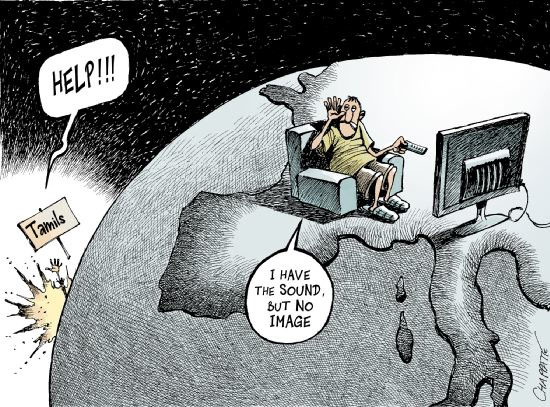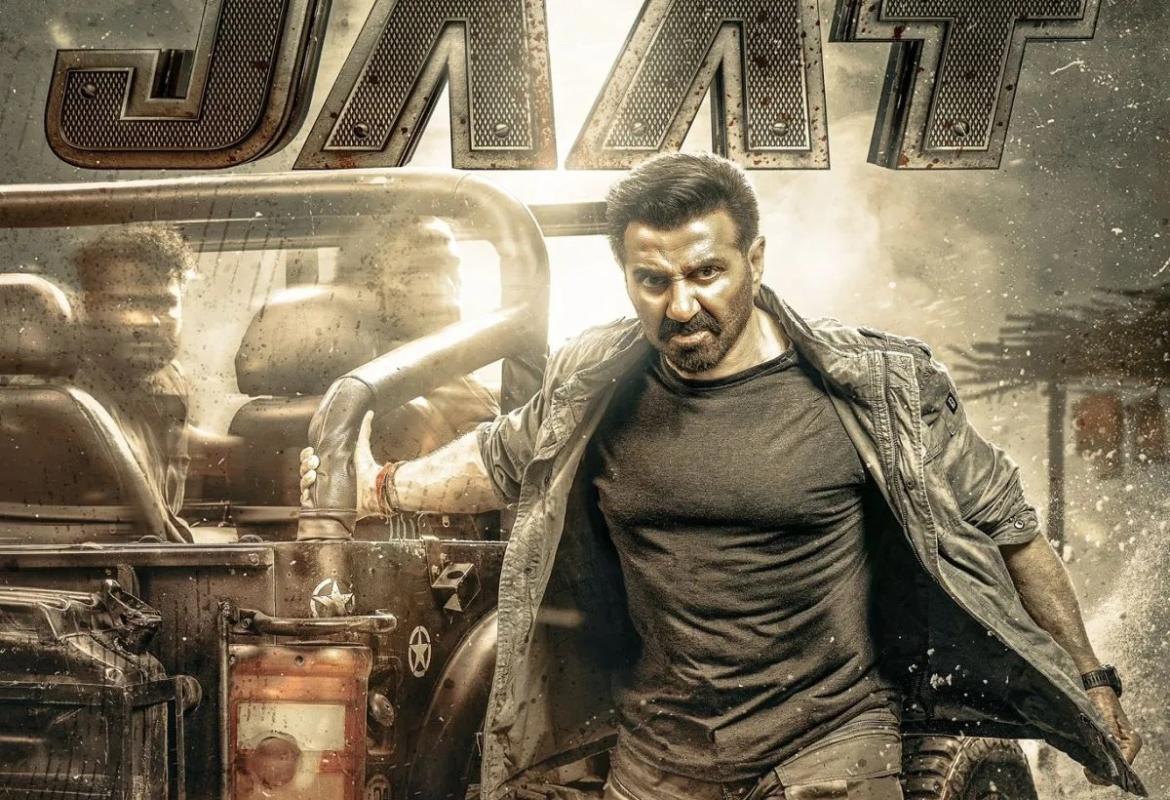The report by the UN expert panel on the final months of Sri Lanka’s war sets out a harrowing account of government forces’ conduct. Hundreds of thousands of Tamil civilians were subject to targeted mass bombardment, starvation and denial of medical assistance, resulting in tens of thousands of casualties and widespread suffering.
Extracts of the UN report leaked to the Sri Lankan press have, quite rightly, caused shock and prompted press coverage and commentary across the world along with renewed calls for an independent, international investigation.
In Sri Lanka, however, reaction has, predictably, been quite different: the report by respected international experts has been met with denial, dismissal and defiance by President Mahinda Rajapaksa’s government. Crucially, moreover, this categorical rejection and indignation is echoed across the Sinhala polity.
Instead of supporting international calls for a proper investigation and the prosecution of those responsible for mass atrocities against what are – supposedly – fellow citizens Sri Lanka’s mainstream media, commentators and, now, the main opposition parties have instead rallied to defend the regime and its conduct of the war. (The only exception, also predictably, is the Tamil National Alliance (TNA), the main Tamil political party, which has welcomed the report and its recommendations.)
The Sinhala nation has effectively closed ranks to defend its government and armed forces. This collective refusal to even countenance investigation of the state’s war crimes not only vindicates the call for an international inquiry, it also highlights the fundamental and enduring ethnic crisis in Sri Lanka.

